Israeli airstrikes hit Yemen's capital Sanaa after Houthi missile launch towards Israel
Mon 25 Aug 2025, 00:43:20
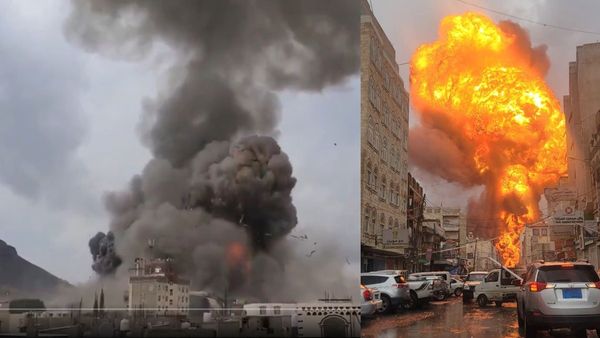
Tensions escalated in the Middle East over the weekend as Israeli airstrikes targeted several locations in Yemen’s capital, Sanaa, days after Houthi rebels claimed responsibility for launching a missile toward Israel. The airstrikes, which reportedly struck a power plant and a gas station, mark the latest in a series of retaliatory actions between Israel and the Iranian-backed rebel group.
According to the Houthi media office, multiple explosions were heard across the capital, including near the presidential palace and a decommissioned military academy. Eyewitnesses reported heavy blasts and rising smoke in the vicinity of Sabeen Square, a central and densely populated area of Sanaa.
"The explosions were deafening," said Hussein Mohamed, a local resident. “We felt the whole house shake.” Another resident, Ahmed al-Mekhlafy, described shattered windows and structural damage to nearby buildings caused by the force of the
strikes.
strikes.
While the Israeli government has not officially confirmed its involvement in Sunday’s strikes, the assault comes just days after a Houthi missile — reportedly targeting Israel’s largest airport — was intercepted and destroyed mid-air. Israeli defence officials described the missile as a cluster munition, a type of weapon that fragments into multiple explosives, making it significantly harder to intercept. This marks the first reported use of such a missile by the Houthis against Israel since the group began attacks in 2023.
As of now, no casualties have been officially reported from Sunday’s strikes. Both sides have yet to release full details regarding the scale of the damage or any potential military objectives involved in the operation.
The situation remains fluid, and observers warn that further retaliatory actions could intensify the already volatile security environment in the Middle East.
No Comments For This Post, Be first to write a Comment.
Most viewed from International
Most viewed from World
AIMIM News
Latest Urdu News
Most Viewed
May 26, 2020
Which cricket team is your favourite to win the T20 World Cup 2026?
Latest Videos View All
Like Us
Home
About Us
Advertise With Us
All Polls
Epaper Archives
Privacy Policy
Contact Us
Download Etemaad App
© 2026 Etemaad Daily News, All Rights Reserved.

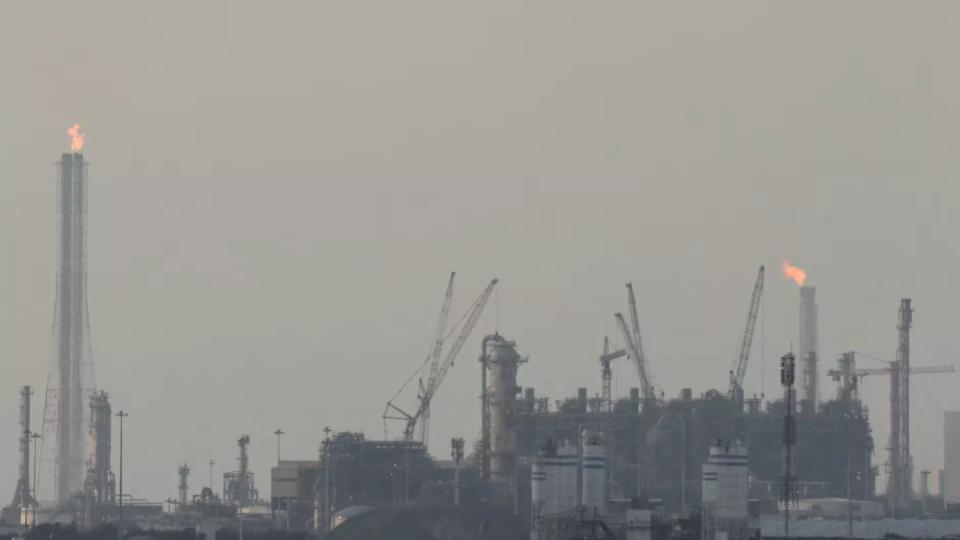
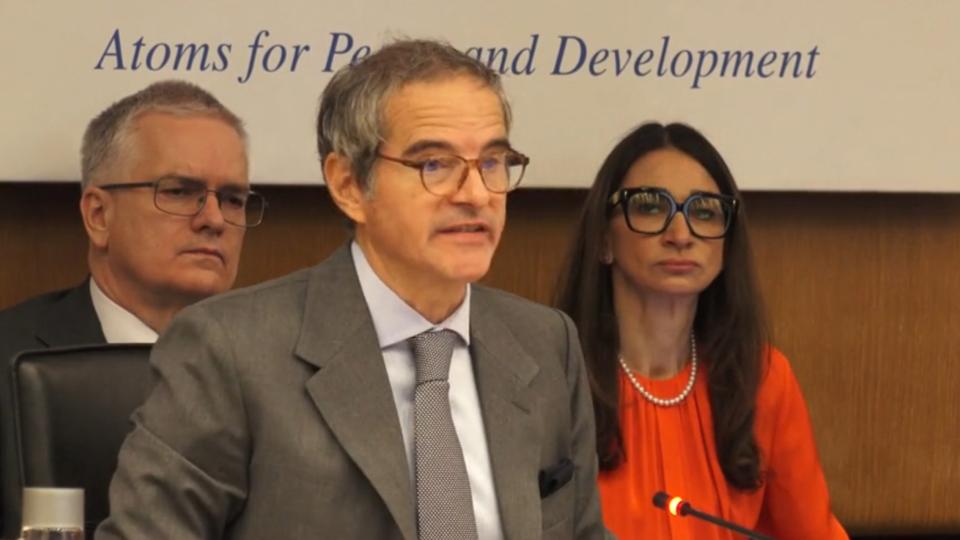
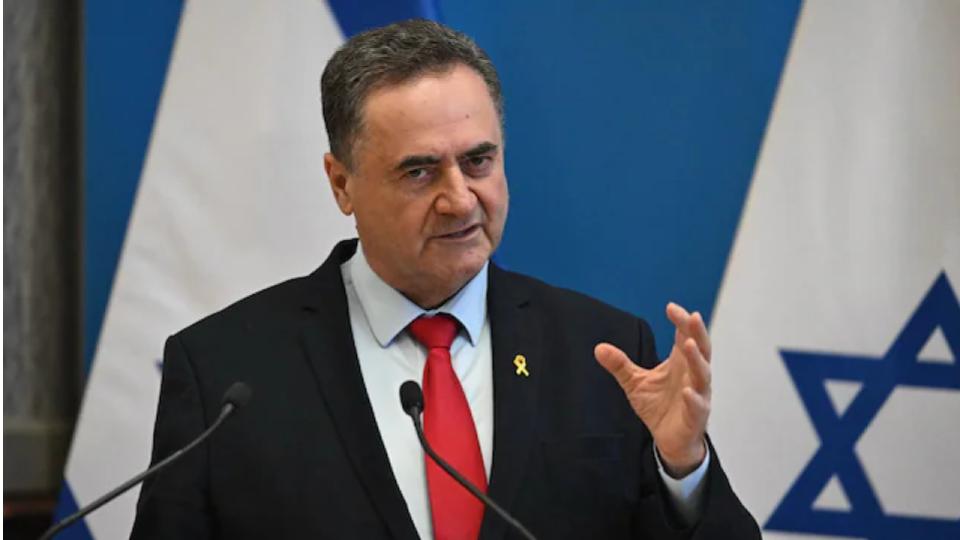
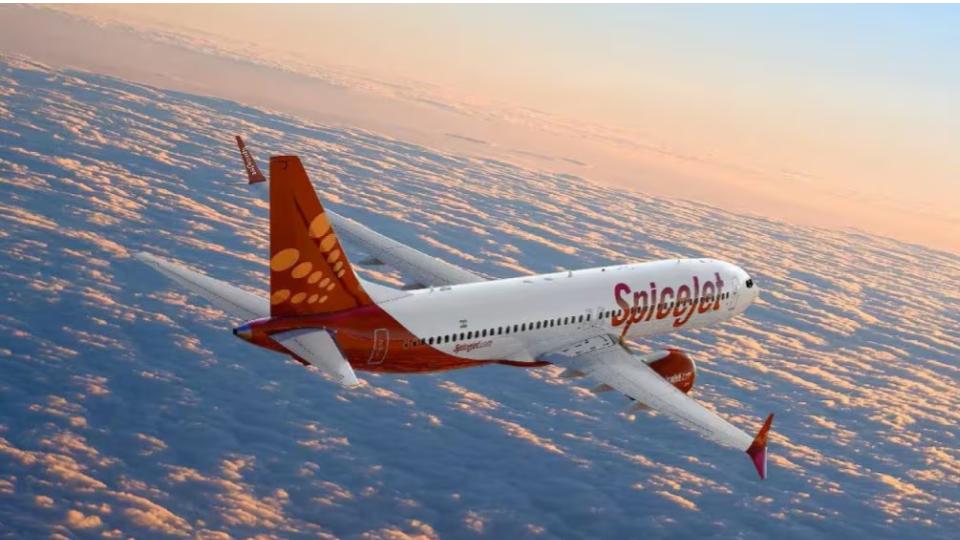
.jpg)

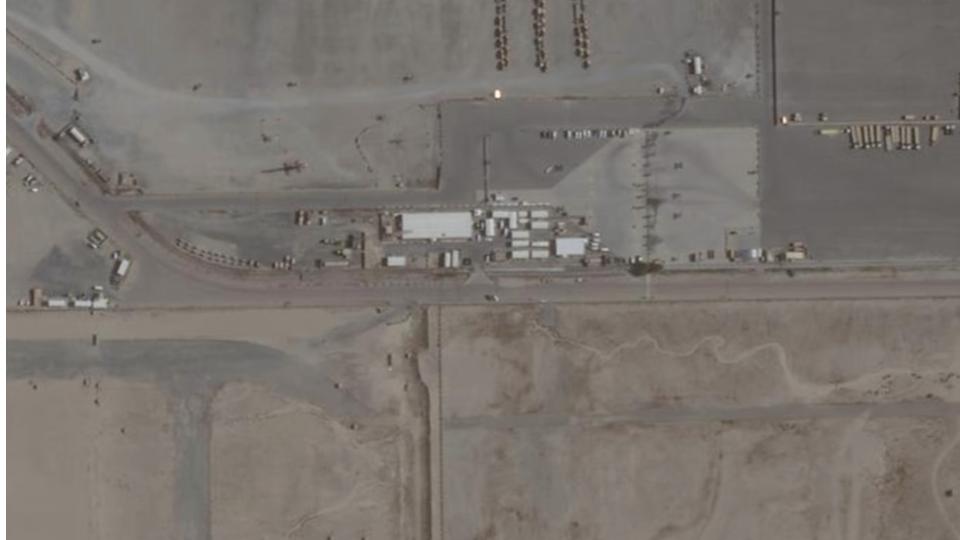

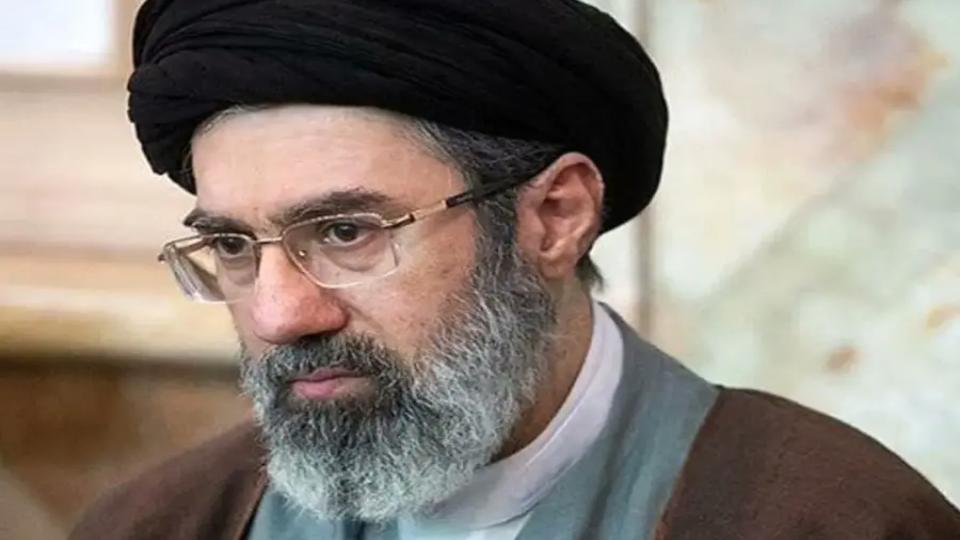

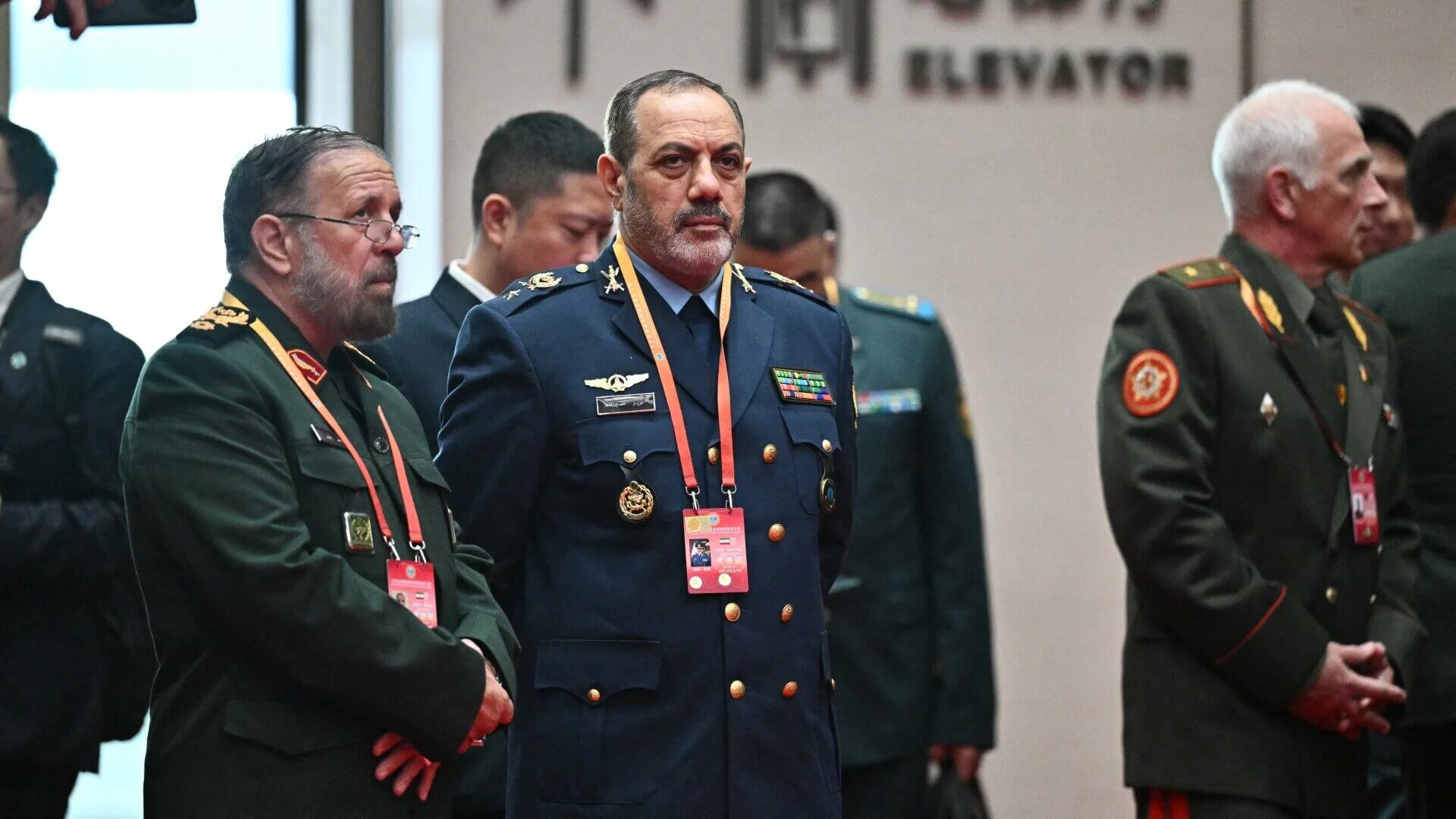
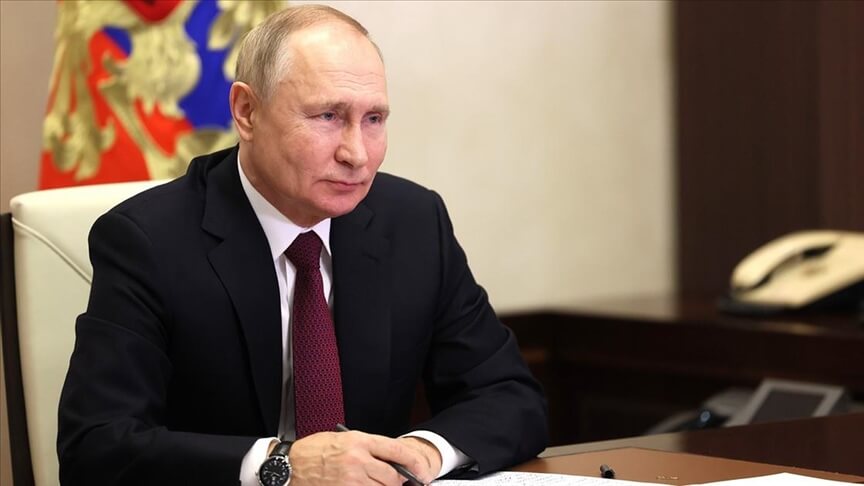

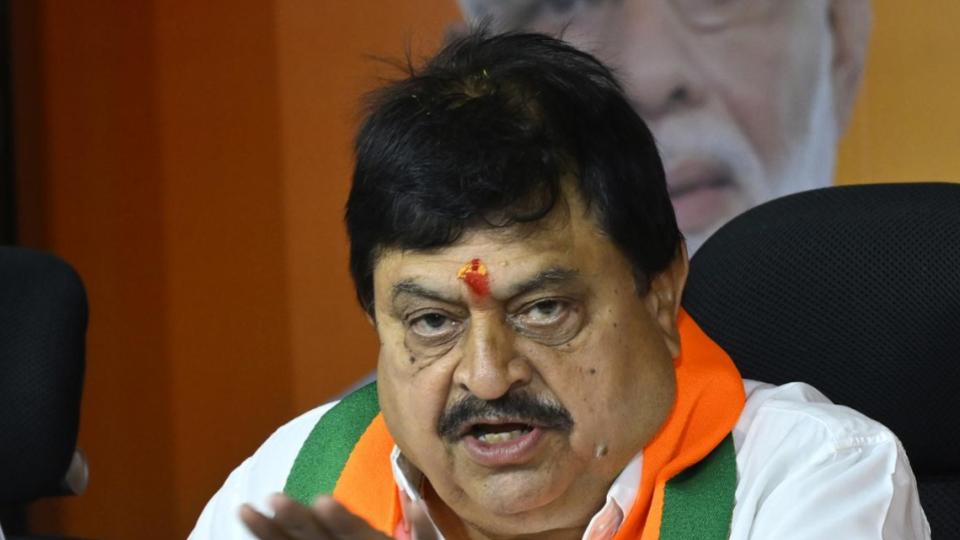
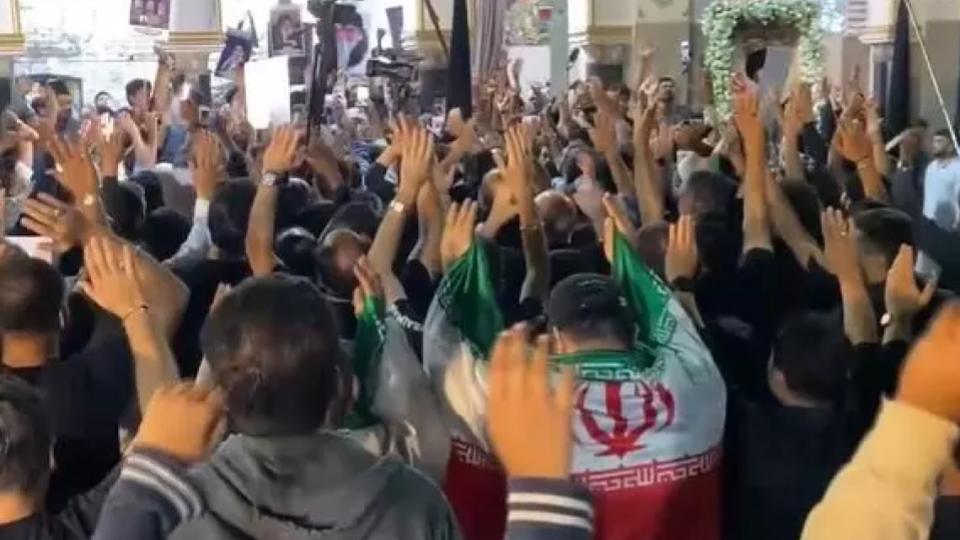
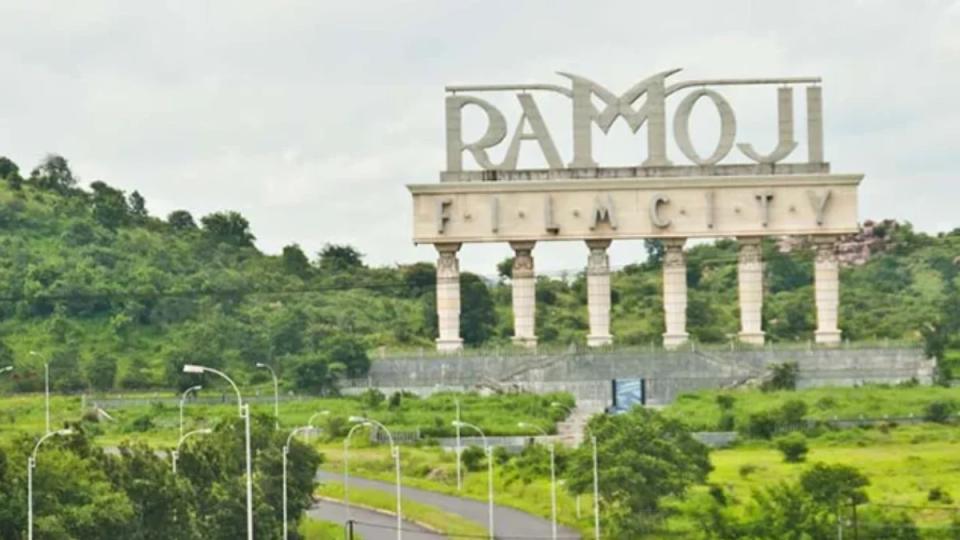
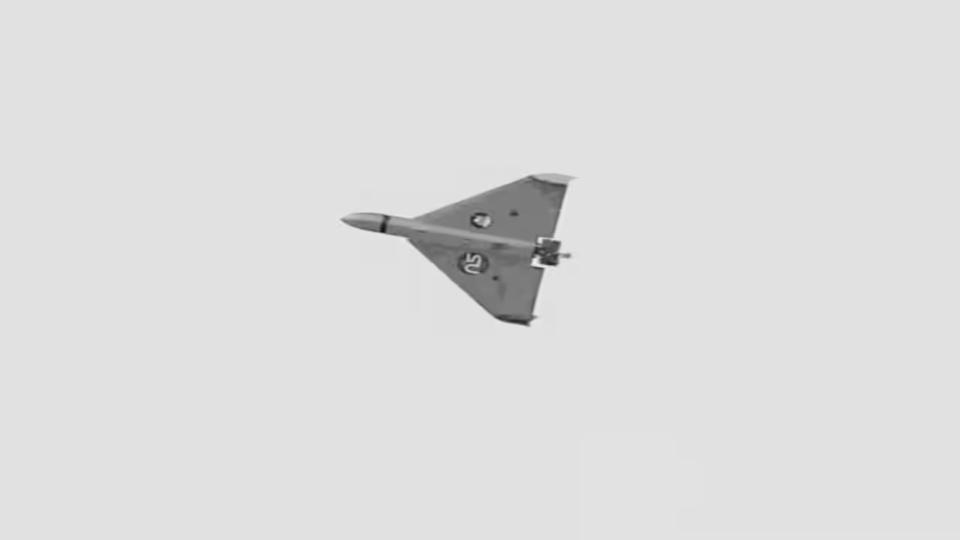


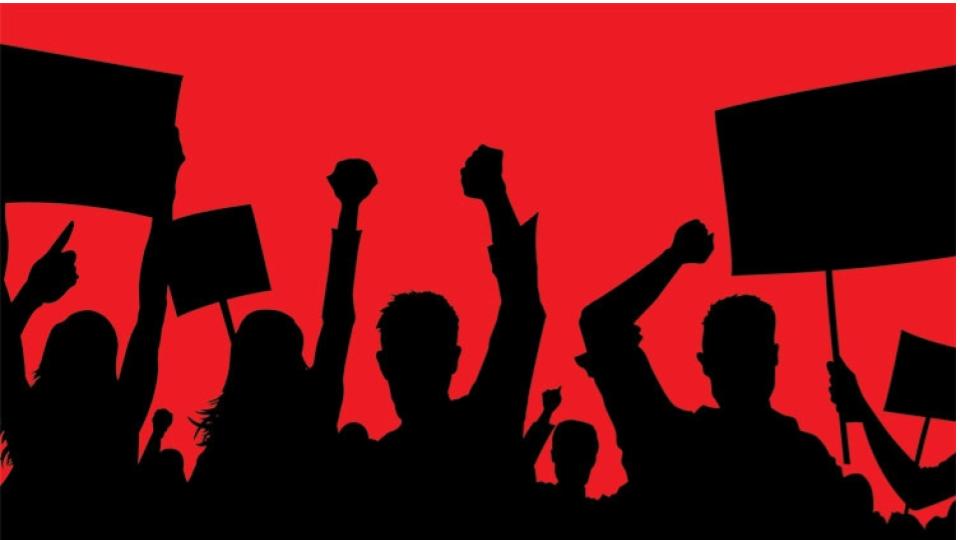







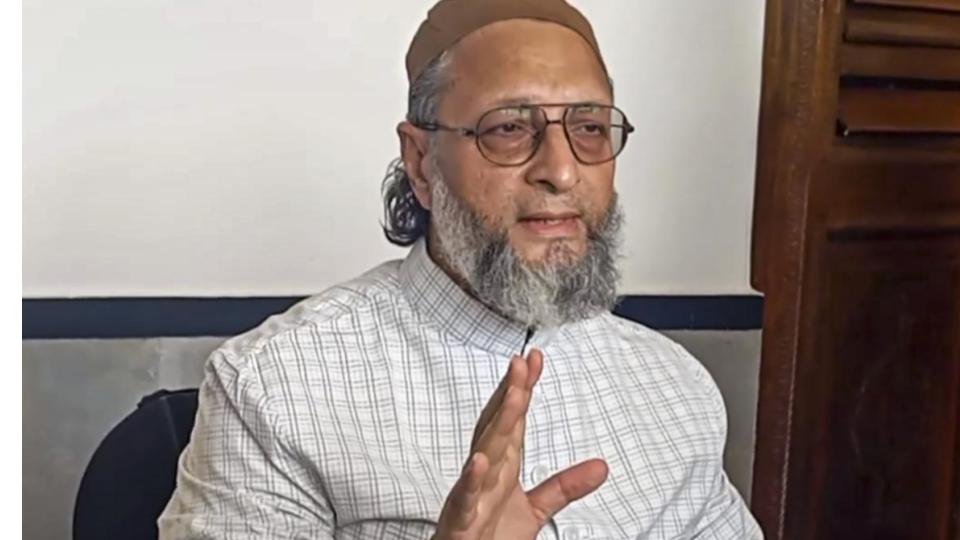
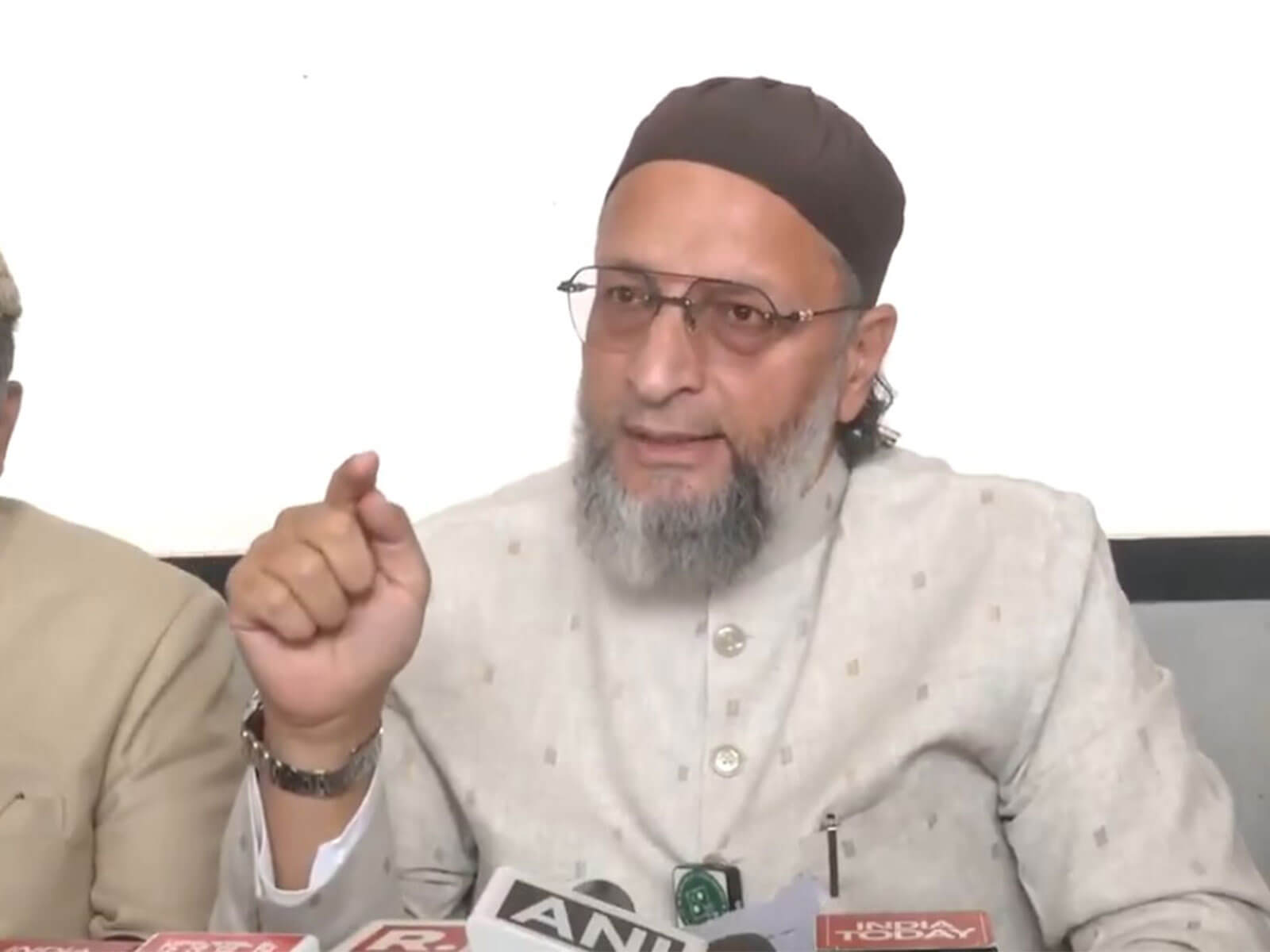






.jpg)
.jpg)
.jpg)


